And for all these people alike, the key to healing turned out to be the same. Each had a hurt he had to forgive
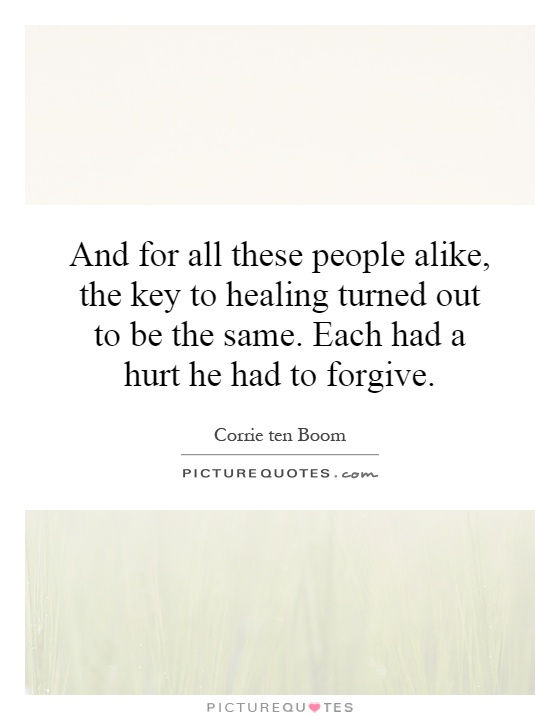
And for all these people alike, the key to healing turned out to be the same. Each had a hurt he had to forgive
Corrie ten Boom, a Dutch Christian who helped many Jews escape the Holocaust during World War II, understood the power of forgiveness in healing. She herself experienced immense suffering and loss during the war, including being imprisoned in a concentration camp. Despite the horrors she endured, Corrie was able to find healing through forgiveness.In her book "The Hiding Place," Corrie recounts her experiences in the concentration camp and the lessons she learned about forgiveness. She writes, "And for all these people alike, the key to healing turned out to be the same. Each had a hurt he had to forgive." This statement encapsulates the central theme of forgiveness in Corrie's life and work.
Corrie believed that holding onto anger and resentment only caused more pain and suffering. She understood that forgiveness was not about excusing the actions of others, but about freeing oneself from the burden of hatred. By forgiving those who had wronged her, Corrie was able to find peace and healing in the midst of unimaginable suffering.
One of the most powerful examples of forgiveness in Corrie's life was her encounter with one of the guards from the concentration camp after the war. This guard had been particularly cruel to Corrie and her sister, yet when she saw him years later, she chose to forgive him. In doing so, Corrie experienced a profound sense of liberation and healing.
Corrie's story serves as a powerful reminder of the transformative power of forgiveness. She believed that forgiveness was not only a moral imperative, but also a practical tool for healing and reconciliation. By letting go of anger and resentment, Corrie was able to move forward with her life and continue her work of spreading love and compassion to others.

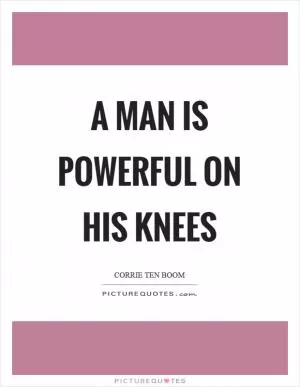






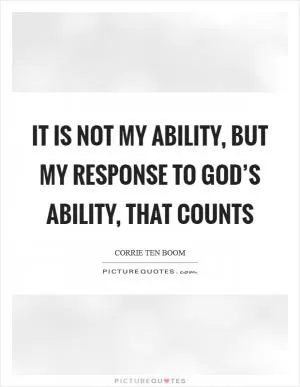

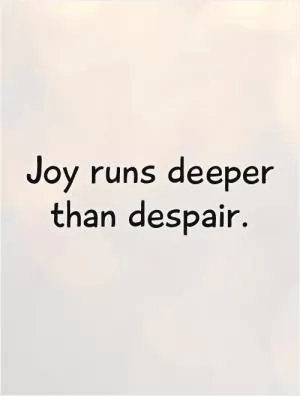
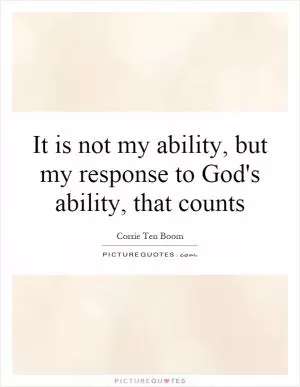
 Friendship Quotes
Friendship Quotes Love Quotes
Love Quotes Life Quotes
Life Quotes Funny Quotes
Funny Quotes Motivational Quotes
Motivational Quotes Inspirational Quotes
Inspirational Quotes